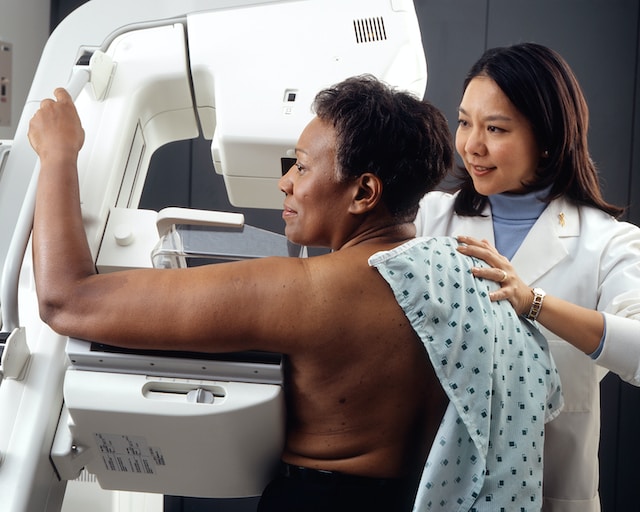A new recommendation has been released by the United States Preventive Services Task Force, stating that women should begin regular mammogram screenings at the age of 40. This marks a significant change from their previous guideline, which advised women to start mammogram screenings at age 50.
The recommendation is based on new developments in mammography technology and breast cancer risk factors. Breast cancer is one of the most common types of cancer among women, and mammography is an important tool for early detection of the disease.
The American Cancer Society has already been recommending annual mammograms starting at age 40 for several years, and the new guidelines bring the USPSTF in line with that recommendation. Breast cancer advocacy groups have praised the new guidelines, saying that they will help save lives by detecting breast cancer earlier.
However, some medical professionals have expressed concern about the potential harms of mammogram screenings, such as overdiagnosis and overtreatment. Overdiagnosis can occur when a mammogram detects a small breast cancer that would not have become life-threatening, leading to unnecessary treatment such as surgery, radiation, and chemotherapy. Overtreatment can also occur when a mammogram detects a slow-growing cancer that would not have caused harm in the woman’s lifetime, leading to unnecessary treatment that can have negative side effects.
The USPSTF panel acknowledges these potential harms and recommends that women make an individual decision about screening based on their personal risk factors. Women with a higher risk of breast cancer, such as those with a family history of the disease or certain genetic mutations, may benefit from starting mammogram screenings earlier.
The new recommendation is expected to have a significant impact on breast cancer screening and treatment. More women in their 40s are likely to undergo mammogram screenings, potentially leading to earlier detection of breast cancer and better outcomes.
The recommendation also highlights the importance of women taking an active role in their health and making informed decisions about their screening options. It is important for women to discuss their individual risk factors with their healthcare provider and make an informed decision about when to start mammogram screenings.
Breast cancer is a serious and potentially life-threatening disease, and early detection is critical for successful treatment. The new recommendation from the USPSTF is an important step forward in the fight against breast cancer, but it is important for women to consider the potential benefits and harms of screening and make an informed decision with the guidance of their healthcare provider.
Overall, the new recommendation emphasizes the importance of regular breast cancer screening for women starting at age 40 and provides women with valuable information to help them make informed decisions about their health.




